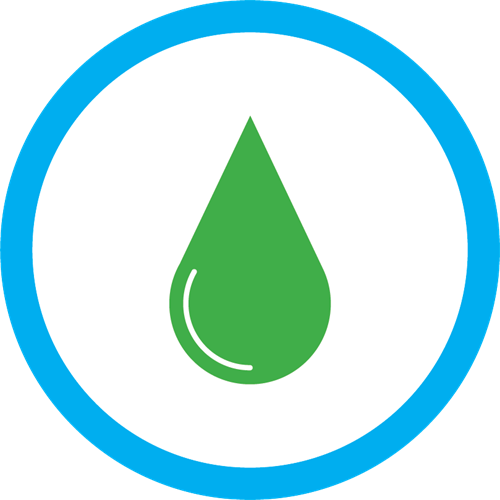 Water
Water
Water consumption and non-potable replacement
| Project Targets |
|
| Performance |
|
Infrastructure projects require a significant amount of water for construction and operations. JHCPB’s Construction Water Reuse Strategy outlines the measures the Project will investigate to ensure water savings are realised during construction. Since the commencement of construction, the Project has sourced 8,372 kl of water usage from non-potable sources, with over 76,000 kilolitres of total water consumed. Key initiatives to reduce potable water use during construction include:
As part of detailed design, JHCPB have investigated the following initiatives to reduce water consumption during operations and replace potable sources with non-potable alternatives:
|


